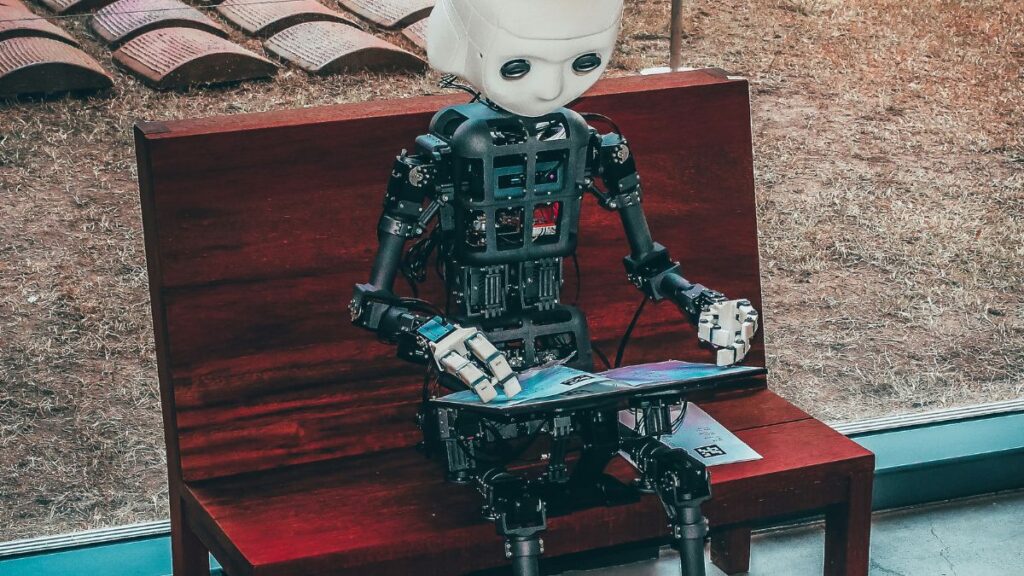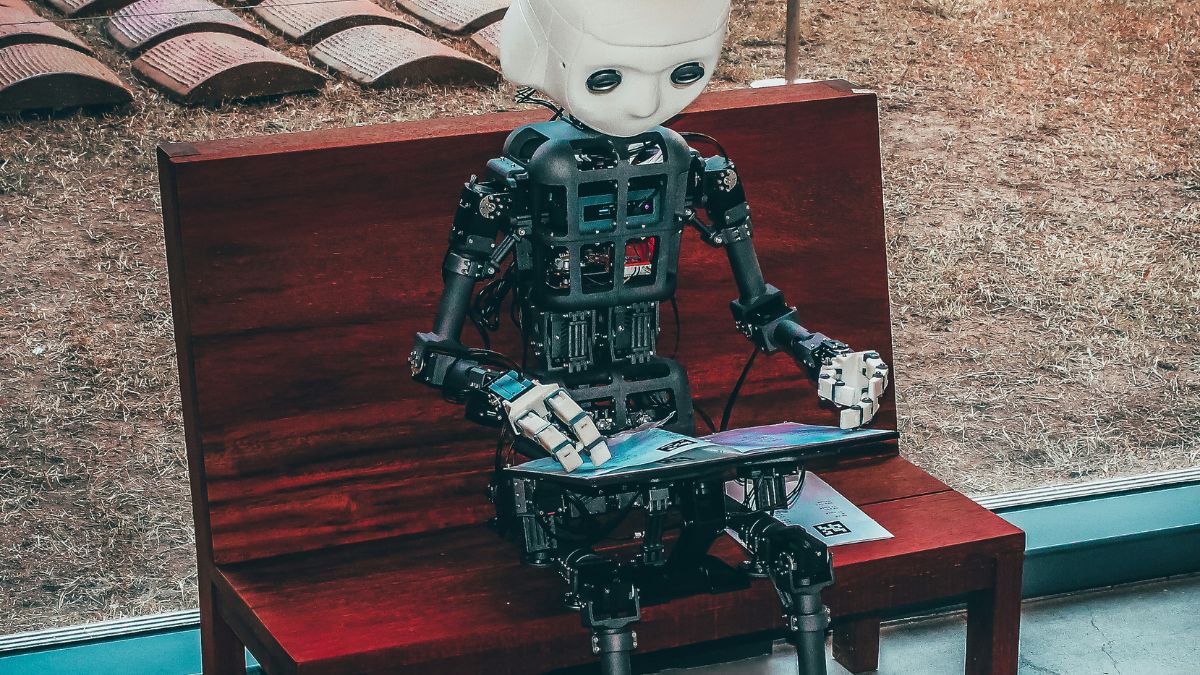
As we stand on the brink of a new era, artificial intelligence (AI) is poised to trigger significant transformations in the global job market over the next half-decade. Artificial Intelligence is no longer merely a theoretical concept; it has emerged as a tangible force that is actively reshaping industries and necessitating a paradigm shift within the educational sector. While headlines often portray Artificial Intelligence as a threat to human employment, a closer examination reveals a more nuanced reality.
Search
Recent Posts:
- OpenAI Brings ChatGPT to be used in WhatsApp: Here’s How It Works and What You Can Do To Use It.
- Realme 14x 5G: A Budget Smartphone With Premium Features.
- Exploring Apple Genmoji: A New Era of Custom Emoji Creation.
- 2024 United States Presidential Election: Donald Trump Declares Victory in 2024 Presidential Election
- Chancellor Olaf Scholz’s Visit to India: Advancing Indo-German Cooperation on Defense, Trade, and Regional Stability.
The Transformative Impact of Artificial Intelligence on Job Roles and Skills
Artificial Intelligence is positioned to automate repetitive tasks, thereby liberating human capital to concentrate on core competencies such as strategic decision-making, creative problem-solving, and advanced data analysis. Although roles in manufacturing, transportation, and data entry are likely to undergo substantial automation, this concurrently unlocks avenues for emerging positions. Professionals such as Artificial Intelligence specialists, data scientists, and human-machine collaborators will be in high demand, requiring a unique blend of technical prowess and interpersonal aptitude. The ability to manage and interpret Artificial Intelligence outputs will be as critical as possessing robust communication and collaboration skills to ensure seamless interaction between humans and machines.
A Symbiotic Human-AI Partnership
The integration of Artificial Intelligence into various job sectors is already underway, and its impact is poised to accelerate exponentially. Industries such as healthcare, finance, manufacturing, and retail are spearheading this transformative journey. In healthcare, AI-powered diagnostics and personalized treatment plans are revolutionizing patient care while simultaneously reducing costs. Financial services are harnessing AI for fraud detection, risk management, and automated trading, thereby streamlining operations and enhancing accuracy.
Manufacturing, historically at the forefront of industrial revolutions, is witnessing the emergence of smart factories where AI-driven robotics and Internet of Things (IoT) devices optimize production processes, forecast maintenance requirements, and minimize downtime. Retailers are leveraging Artificial Intelligence for inventory management, personalized marketing, and customer service, ensuring a seamless and personalized shopping experience.
However, the most profound change lies in the nature of jobs themselves. Routine and repetitive tasks are being automated, enabling human workers to pivot towards more intricate, creative, and strategic roles. This transition underscores the imperative for a workforce proficient in managing and collaborating with Artificial Intelligence technologies, underscoring the urgency for a comprehensive educational revamp.
So, what is the key takeaway? The future of work hinges on collaboration, not competition. Artificial Intelligence is not designed to supplant human intelligence but rather to enhance it. Educational institutions must equip students with the skills required to thrive in this symbiotic human-AI partnership. As AI reshapes job sectors, critical thinking, problem-solving, effective communication, and collaboration will emerge as indispensable skills. Humans possess a unique ability to interpret Artificial Intelligence data and devise innovative solutions to complex challenges. Therefore, fostering these skills alongside lifelong learning and adaptability is paramount given the accelerated pace of technological evolution.
The Evolving Landscape of Education
In response to these rapid advancements, the education sector is undergoing a necessary metamorphosis. Traditional pedagogical approaches are giving way to curricula that prioritize critical thinking, problem-solving, and digital literacy. Educational institutions are integrating Artificial Intelligence into their teaching methodologies, offering personalized learning experiences tailored to individual student needs and paces. The educational sector must proactively adapt to prepare students for this evolving landscape. AI is revolutionizing education by enabling personalized learning pathways, where AI-driven tutors analyze individual strengths and weaknesses to create customized learning experiences that address knowledge gaps and accelerate progress.
Adaptive assessments are supplanting standardized tests, with AI-driven evaluations providing real-time analysis of student performance, adjusting difficulty levels, and offering immediate, targeted feedback to optimize challenge and engagement. Moreover, immersive learning experiences, such as virtual dissections or historical explorations via AI-powered virtual reality, enhance engagement and deepen understanding and knowledge retention, rendering education more dynamic and effective.
Furthermore, there is a growing emphasis on STEM education, equipping students with the technical skills requisite in an AI-driven economy. Nonetheless, nurturing soft skills such as creativity, emotional intelligence, and adaptability is equally vital, as they are indispensable in navigating the complexities of future job landscapes.
Embracing the Brave New World
The integration of Artificial Intelligence into job sectors heralds a future brimming with opportunities, yet navigating this transition necessitates collaboration among government, industry, and educational institutions. Policymakers must invest in educational reforms that align academic learning with industry requisites, while companies must play an active role in workforce development through training programs and apprenticeships. Educational institutions must remain agile, updating curricula and embracing innovative teaching methodologies. By fostering a culture of curiosity, critical thinking, and lifelong learning, we can cultivate a resilient workforce prepared to thrive in an AI-driven world.
As we forge ahead into this brave new world, let us do so with a steadfast commitment to education, innovation, and collaboration, shaping a future where technology and humanity advance hand in hand.
To read more topics, please visit: https://insightfulbharat.com






